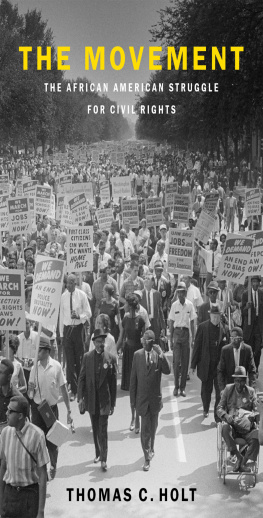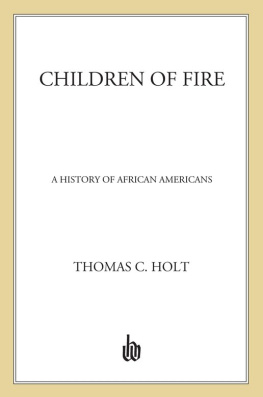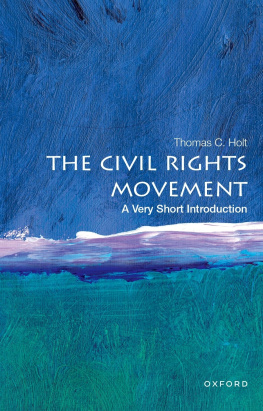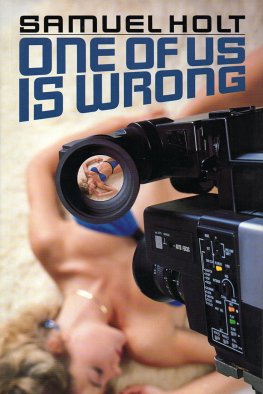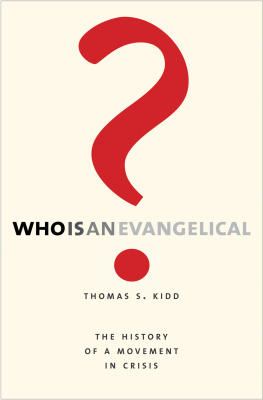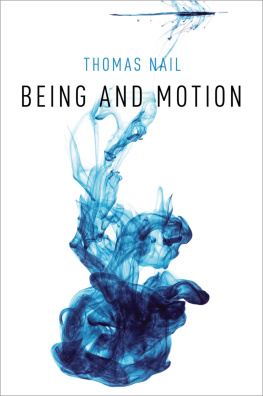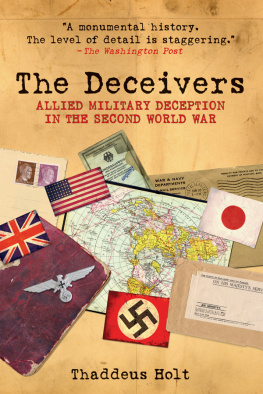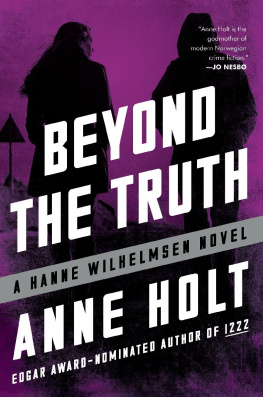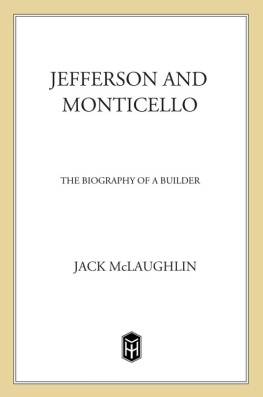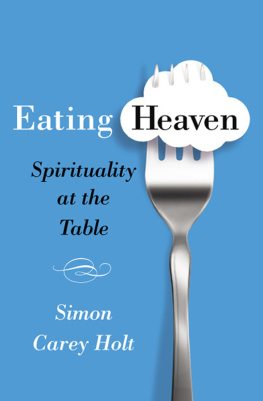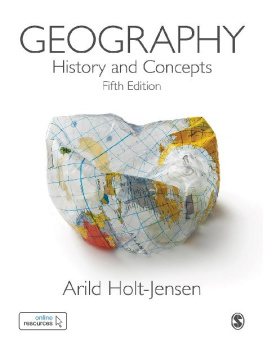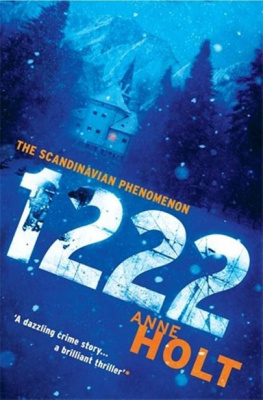Thomas C. Holt - The Movement
Here you can read online Thomas C. Holt - The Movement full text of the book (entire story) in english for free. Download pdf and epub, get meaning, cover and reviews about this ebook. year: 2021, publisher: Oxford University Press, genre: Politics. Description of the work, (preface) as well as reviews are available. Best literature library LitArk.com created for fans of good reading and offers a wide selection of genres:
Romance novel
Science fiction
Adventure
Detective
Science
History
Home and family
Prose
Art
Politics
Computer
Non-fiction
Religion
Business
Children
Humor
Choose a favorite category and find really read worthwhile books. Enjoy immersion in the world of imagination, feel the emotions of the characters or learn something new for yourself, make an fascinating discovery.
- Book:The Movement
- Author:
- Publisher:Oxford University Press
- Genre:
- Year:2021
- Rating:5 / 5
- Favourites:Add to favourites
- Your mark:
- 100
- 1
- 2
- 3
- 4
- 5
The Movement: summary, description and annotation
We offer to read an annotation, description, summary or preface (depends on what the author of the book "The Movement" wrote himself). If you haven't found the necessary information about the book — write in the comments, we will try to find it.
The Movement — read online for free the complete book (whole text) full work
Below is the text of the book, divided by pages. System saving the place of the last page read, allows you to conveniently read the book "The Movement" online for free, without having to search again every time where you left off. Put a bookmark, and you can go to the page where you finished reading at any time.
Font size:
Interval:
Bookmark:

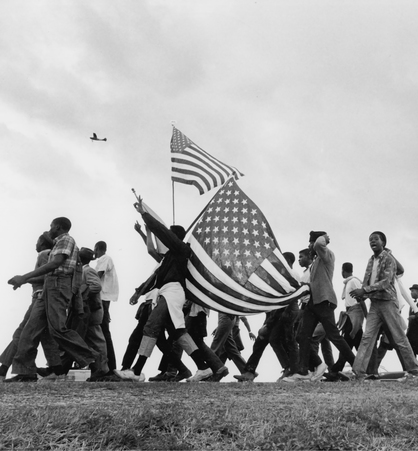

Oxford University Press is a department of the University of Oxford. It furthers the Universitys objective of excellence in research, scholarship, and education by publishing worldwide. Oxford is a registered trade mark of Oxford University Press in the UK and certain other countries.
Published in the United States of America by Oxford University Press
198 Madison Avenue, New York, NY 10016, United States of America.
Thomas C. Holt 2021
All rights reserved. No part of this publication may be reproduced, stored in a retrieval system, or transmitted, in any form or by any means, without the prior permission in writing of Oxford University Press, or as expressly permitted by law, by license, or under terms agreed with the appropriate reproduction rights organization. Inquiries concerning reproduction outside the scope of the above should be sent to the Rights Department, Oxford University Press, at the address above.
You must not circulate this work in any other form and you must impose this same condition on any acquirer.
Library of Congress Cataloging-in-Publication Data
Names: Holt, Thomas C. (Thomas Cleveland), 1942 author.
Title: The movement : the African American struggle for civil rights /
Thomas C. Holt.
Description: New York, NY : Oxford University Press, [2021] |
Includes bibliographical references and index.
Identifiers: LCCN 2020035036 (print) | LCCN 2020035037 (ebook) |
ISBN 9780197525791 (hardback) | ISBN 9780197525814 (epub) | ISBN 9780197525821
Subjects: LCSH: African AmericansCivil rightsHistory20th century. |
Civil rights movementsUnited StatesHistory20th century. |
African AmericansSocial conditionsTo 1964. | African Americans
Social conditions19641975. | Southern StatesRace relationsHistory
20th century. | United StatesRace relationsHistory20th century. |
United StatesHistory19531961. | United StatesHistory19611969.
Classification: LCC E185.61 .H755 2021 (print) | LCC E185.61 (ebook) |
DDC 323.1196/073dc23
LC record available at https://lccn.loc.gov/2020035036
LC ebook record available at https://lccn.loc.gov/2020035037
In March 1965 thousands of black and white protesters marched from Selma to Montgomery, Alabama, demanding an end to racial barriers to voting rights. 1978 Matt Herron/Take Stock. #1676432
Dedicated
to
Carrie Lee Price Fitzgerald (18781966),
who lived to see her world transformed
and
to all the Movement martyrs,
who did not
It may seem odd that a very short book should have incurred such a long list of people to whom I am endebted, but most of these debts were acquired long before this project was even conceived. Some are owed to my maternal grandmother Carrie for the stories she shared during idle moments on our back porch about the history of the place we inhabited and in other more emotionally charged moments when she silently modeled for a preadolescent boy how one might negotiate its hostile terrain with dignity. Others are owed to my father, whose stories about how our familys history evolved in that hostile place and about the different worlds he had seen far beyond its confining and sometimes confounding boundaries somehow enabled me to think differently about my own place in the world. Growing up in a hostile world can make one self-destructive, but somehow these stories delegitimized its rule and suggested that building a very different world was possible.
All this prepared me to welcome others into my life whose influence on this book is even more direct. As I came of age, the Danville Movement brought Avon Rollins, Matthew Jones, James Forman, Dottie and Bob Zellner, and Ivanhoe Donaldson to town, each of whom taught me much about the social movement they had witnessed taking shape and to which my peers and I were drawn. Lessons in nonviolent workshops with Ivanhoe (surely the most violent nonviolent person I have ever encountered), mass meetings with Avon, and jail cells shared with Matthew taught me much of what the Movement was about, what it aspired to be, and what it wasnt. As a student at Howard University during those years, I would learn more still, from a front-row seat to world-changing events and the bigger-than-life personalities among Howards Nonviolent Action Group and the Student Nonviolent Coordinating Committee to which it was affiliated.
My more recent debts are owed to the students I have taught at the University of Michigan and the University of Chicago, some of whose works are cited in the endnotes to this book. Discussions with them in classes, during office hours, and in more casual conversations have provided alternative perspectives on social movements that have enriched my analysis. No doubt I got back more from them than I gave. Indeed, this book would not exist in its current form without the contributions to Movement historiography of Barbara Ransby, Laurie Beth Green, Janette Gayle, Quincy Mills, Traci L. Parker, and Elizabeth Todd-Breland. More recently, I owe a very special debt to Alexander Hofmann, whose diligent and careful collection of local census data provided the evidentiary basis for the principal themes organizing my analysis, which were otherwise based mostly on intuitions from personal experiences: that the roots and dynamics of the Movement in what I have called New South cities were very different from those in the rural Deep South, and that this matters both for how we recover this history and the uses we might make of it.
I am similarly grateful to my professional colleagues who have added so much to our knowledge of this history. Most are cited in the pages that follow, but three deserve special mention because not only did they alert me to stories about the Mississippi Movement that I did not know, but they also suggested ways of interpreting them I had not previously considered. For that I am especially grateful to Nan Woodruff, Charles Payne, and John Dittmer. I owe a debt as well to the Oxford University Presss anonymous readers, who alerted me to the necessity of at least commenting on issues I had neglected in my effort to keep this a truly short history.
I also benefited from the enthusiasm and patience of my editor, Nancy Toff, and the efficient work of the editorial staff at Oxford University Press for nudging this book to a much delayed completion. As always Leora Auslander provided the right mixture of encouragement and a sharp editorial pen together with stimulating discussions about the international resonances of my analysis. Finally, I owe my greatest debt to Catherine Fitzgerald Holt for passing on my grandmothers story, which became the core theme of and inspiration for writing this book, and for the gift of her quiet joy upon hearing it retold.
Carrie Lee Fitzgerald was sick with worry when she boarded the Trailways bus in Lynchburg headed to her home on the rural outskirts of Danville, Virginia, in January 1944. She had just visited her husband of forty-two years at the hospital for coloreds, where he was being treated for kidney disease. She left fearing it might be the last time she saw him alive. And, indeed, he would die just a few weeks later. Perhaps her grief and state of mind explain her unexpected actions that day. Or perhaps it was the blatant contradiction between her treatment and the fact that at that very moment one of her three sons was serving with the American invasion army in Europe, while the husband of her youngest daughterthe one who accompanied her that daywas in the Pacific fighting on yet another front to save the world for democracy. Or perhaps it was simply the accumulated insults over the course of her sixty-six years in a state that systematically demeaned and disrespected black life.
Font size:
Interval:
Bookmark:
Similar books «The Movement»
Look at similar books to The Movement. We have selected literature similar in name and meaning in the hope of providing readers with more options to find new, interesting, not yet read works.
Discussion, reviews of the book The Movement and just readers' own opinions. Leave your comments, write what you think about the work, its meaning or the main characters. Specify what exactly you liked and what you didn't like, and why you think so.

